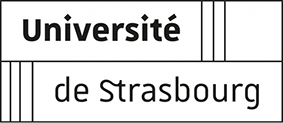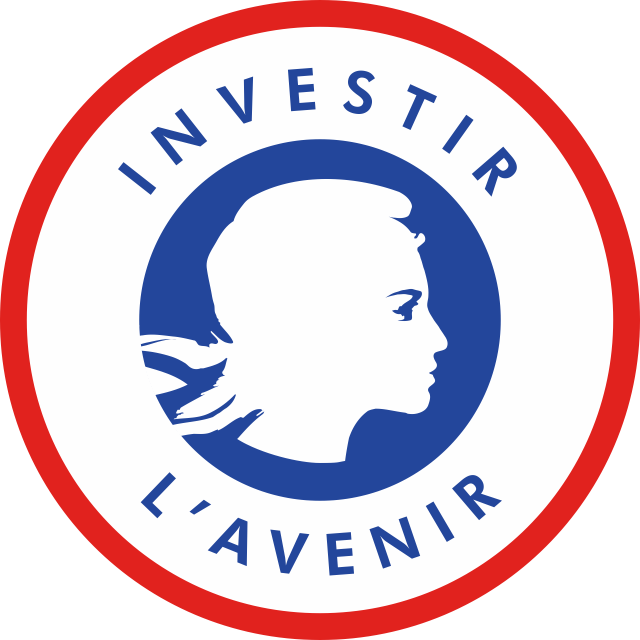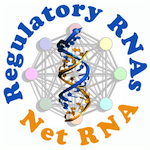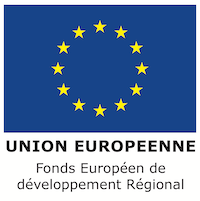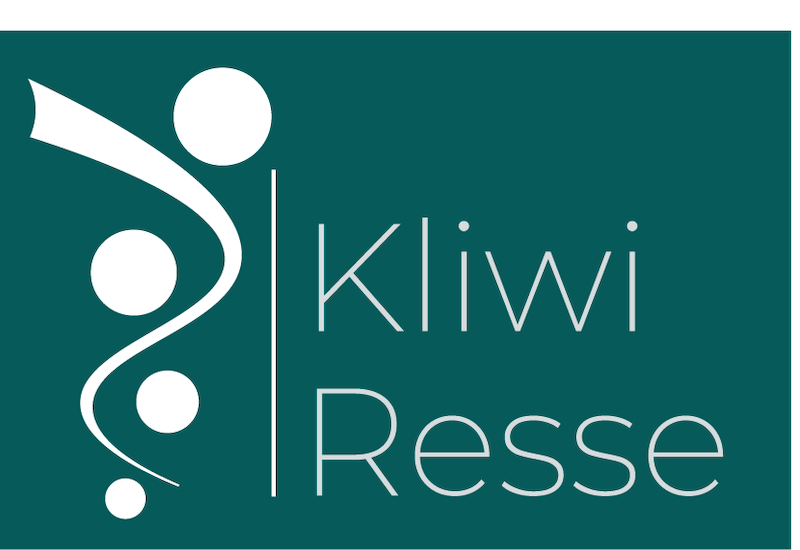The purpose of IBMP research is to contribute to the development of knowledge and the advancement of science. It depends on the principles of honesty, scientific integrity and responsibility.
IBMP researchers comply to the following principles:
- Integrity is the pillar of high quality research.
- Researchers comply with laws and regulations, in particular, those of CNRS, governing research practices.
- Accuracy and rigour are required when conducting, reporting and publishing research.
- Reproducibility and representativity of scientific results presented are essential.
- Archiving and traceability of raw data is mandatory.
- Integrity is fostered through training in best practices.
- Researchers are accountable to their employers, funders and towards society as a whole.
- Researchers make their findings available to the scientific community.
- Researchers conduct their research with independence and impartiality.
- Evaluation activities are carried out in impartiality, confidentiality, transparency and avoid conflicts of interest.
IBMP establishes a procedure for the appropriate preservation of raw data according to the recommendations of the CNRS Ethics Committee (comets).
IBMP adopts a policy for the communication and teaching of good scientific practices.
The adoption of professional standards and principles of good practices as well as the establishment of appropriate managerial systems to provide support and oversight help reduce the risk of inappropriate scientific conduct as defined below.
IBMP defines scientific misconduct as:
- The selective manipulation, fabrication or falsification of scientific data.
- Unacknowledged appropriation of other’s work including plagiarism.
- The misrepresentation of researchers in the authors list of publications, not reflecting their real involvement in research.
- Inappropriate evaluation, not in accordance with CNRS comets requirements, the non-disclosure of conflicts of interest.
Bona fide errors in the interpretation or analysis of data do not constitute cases of scientific misconduct.
Procedure to evaluate possible cases of misconduct:
- Allegations of scientific misconduct are communicated to CNRS. Allegations must be based on factual, reliable and verifiable arguments.
- Suspected misconduct is examined by a board of experts, according to the CNRS comets requirements.
- Scientific integrity violations are subject to CNRS disciplinary sanctions.
These principles and their governing rules are described in details in the comets document.


